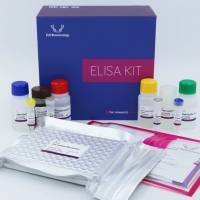Idiopathic pulmonary fibrosis (IPF) is a chronic fibrosing lung disease limited to the lungs and associated with the histologic appearance of usual interstitial pneumonia (UIP) on surgical lung biopsy. The estimated prevalence in the United States is between 35,000 and 55,000 cases, and evidence suggests that the prevalence is increasing for IPF. Risk factors associated with pulmonary fibrosis include smoking, environmental exposures, gastroesophageal reflux disease, commonly prescribed drugs, diabetes mellitus, infectious agents, and genetic factors. The diagnosis requires a careful history and physical examination, characteristic physiological and radiological studies, and, in some cases, a surgical lung biopsy. The natural history of IPF is not known, but evidence supports the concept of a continuum of idiopathic interstitial pneumonias that may overlap in time. Most patients with IPF succumb to respiratory failure, cardiovascular disease, lung cancer, pulmonary embolism, infection, and other health problems. The median survival time for patients with IPF is less than 3 yr. Factors that predict poor outcome include older age, male gender, severe dyspnea, history of cigarette smoking, severe loss of lung function, appearance and severity of fibrosis on radiological studies, lack of response to therapy, and prominent fibroblastic foci on histopathologic evaluation. Conventional therapy (corticosteroids, azathioprine, cyclophosphamide) provides only marginal benefit. Lung transplantation should be considered for patients with IPF refractory to medical therapy. In light of the poor prognosis and lack of response to available anti-inflammatory therapy, alternative approaches to therapy are being pursued. Emerging strategies to treat patients with IPF include agents that inhibit epithelial injury or enhance repair, anticytokine approaches, agents that inhibit fibroblast proliferation or induce fibroblast apoptosis, and other novel approaches.






